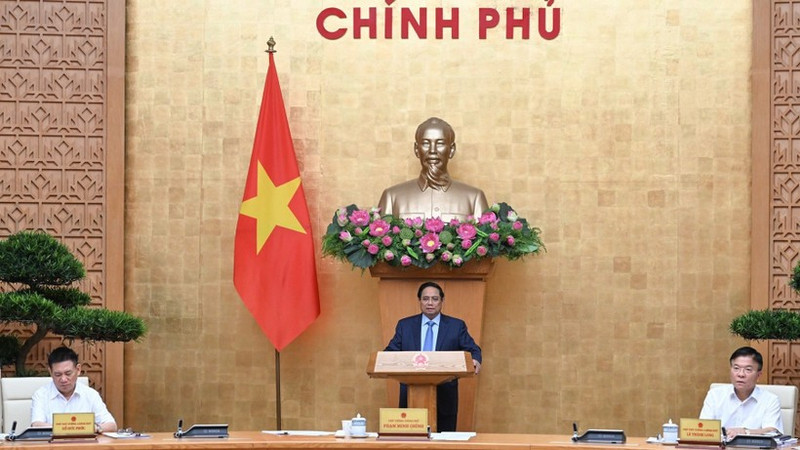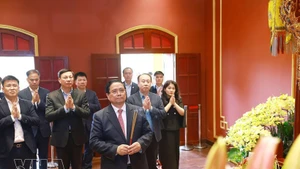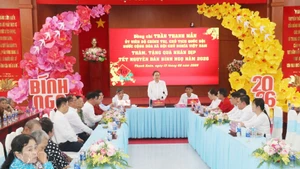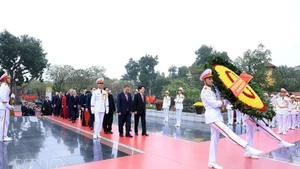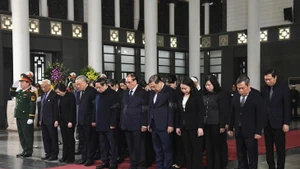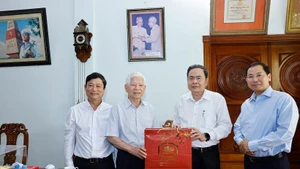Speaking at a Government meeting in Ha Noi to review the implementation and address challenges related to the mode, the cabinet leader highlighted that the two-tier local administration apparatus has been largely consolidated with smooth operations, uninterrupted service delivery, and improved public service.
Administrative reform and digital transformation have achieved notable results, with over 7 million online dossiers processed and over 91% handled on time. More than 3,100 commune-level public service centres have become operational, public asset management has been implemented rigorously, saving the state budget, and many facilities have been repurposed for community use. Public consensus strongly supports this major Party and State initiative, he noted.
However, PM Chinh acknowledged ongoing challenges, including limited management, legal, professional, digital transformation, and innovative capacities of some local officials and administrations. Workloads vary sharply between rapidly developing and less active communes and wards, requiring careful consideration for staff allocation.
Additionally, some guiding documents remain delayed, particularly regarding finance-accounting, land, and education sectors; infrastructure and human resources remain inadequate in some areas; online public service systems face shortcomings and inconsistent data; issues persist in payment of benefits for those on leave due to reorganisation; some residents struggle to adapt to new procedures; and electrical and telecommunications infrastructure remains problematic in certain localities, he said.
The Government leader asked participants to focus discussions on immediate solutions to these obstacles. Regarding institutional and policy frameworks, he pointed out that many sectors still lack clear guidance, making localities confused, and demanded clarifying the causes, responsibilities, and commitment to timelines.
On benefit payments, despite numerous directions, he noted that over 31,000 people remain unpaid. He insisted on identifying root causes and proposing thorough solutions.
He also addressed uneven staffing levels, difficulties in determining job positions at commune level causing anxiety, and the frequent technical failures and data inconsistencies in IT infrastructure and online public services, demanding prompt solutions. Moreover, he urged continued assessment of the feasibility of decentralisation and authority delegation.
Noting that many interconnected procedures regarding land, construction, civil status, and insurance are not yet operating smoothly, the PM stressed the need for simplification measures to avoid repeated visits that make citizens disatisfied.
